Research objectives
- Examine how transport contributes to the wellbeing of individuals and communities;
- Develop and apply methods to evaluate the health impacts of transport use and transport-related policy;
- Explore the factors that contribute to different transport-induced health concerns;
- Understand how different groups and individuals experience movement around the city;
- Understand the processes of behaviour change in active travel and public health in order to refine theory and inform practice.
Current research projects
The mapping road safety challenges to independent mobility for children with SEND (Safe-SEND) project aims to promote children with SEND’s road safety and support them as they transition to independent mobility.
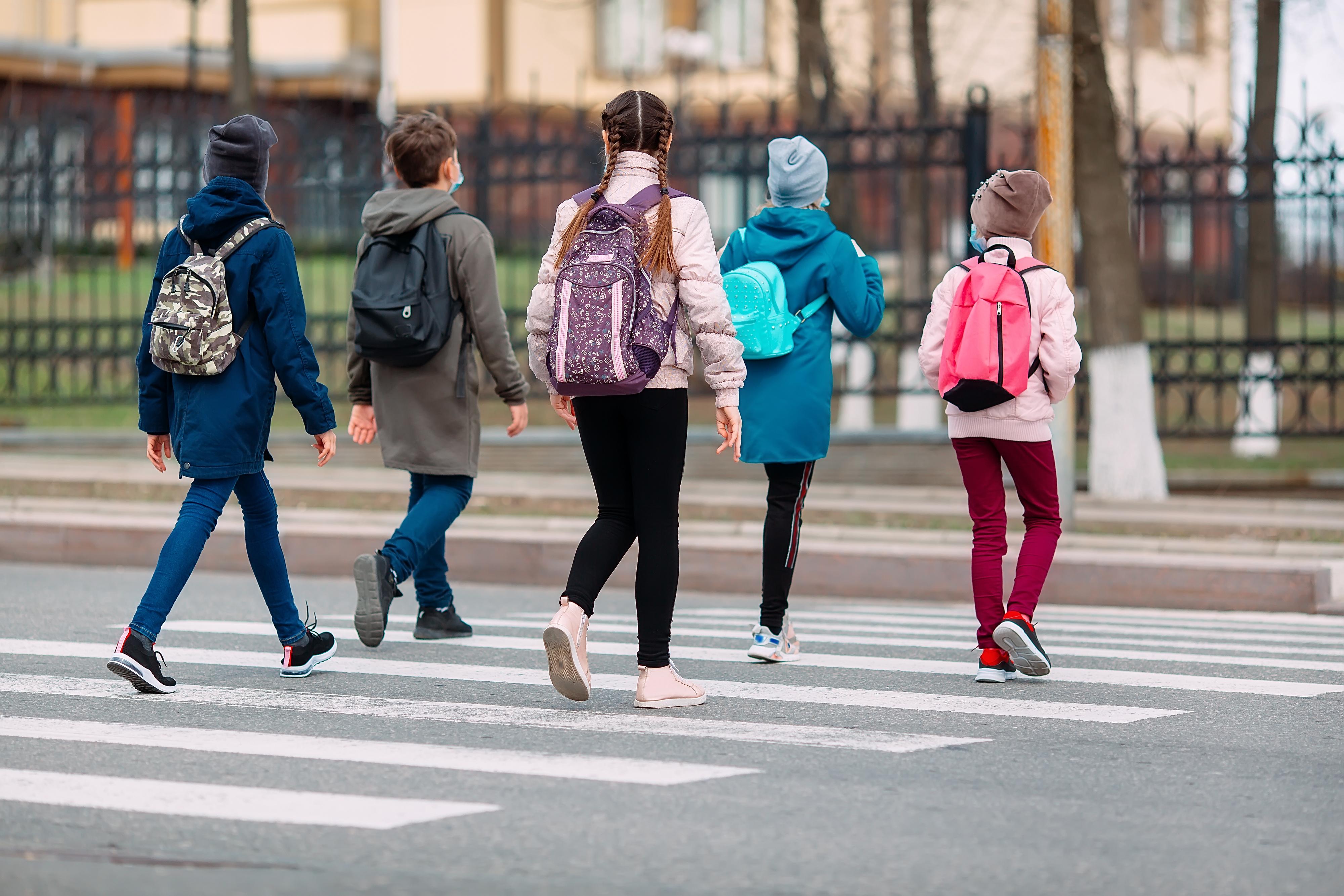
The care on the move project funded by ESRC focuses on children with non-visible disabilities. At least 1.5 million children in England have special educational needs (SEN), with the most common type of need involving a non-visible disability (GOV.UK, 2022) yet there is no academic research that has specifically examined their everyday mobility needs and experiences.

The project aim is to understand the potential of existing and new forms of e-micromobility, including identifying the people, places and circumstances where they will be most useful, in order to reduce mobility-related energy demand and carbon emissions while improving people's health.
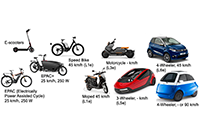
Recent research projects
This project aims to assess the effectiveness and reliability of passively crowdsourced CV data for road safety assessment.

It is estimated that seniors will make up approximately one fifth of the UK population by 2030. Promoting the wellbeing of this growing ageing population is a pressing contemporary issue, and a key factor relating to older adults' quality of life is their mobility. Not only is mobility a basic human need associated with independence, health, and wellbeing, but it is also important for older adults wishing to "age in place": to remain living in their homes or their communities with some level of independence, rather than in residential care. To successfully age in place, older adults need to remain mobile to stay active, to access desired people and places, to meet their daily needs, and to participate in social life.
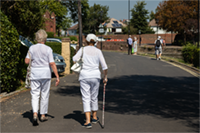
Research on digitalisation and its manifold implications for social justice and environmental integrity has been gaining momentum in recent years. Various studies have shown that current forms of digitalisation tend to accelerate economic and social inequalities while environmental costs outweigh environmental benefits. Hence, the need for societal and political action to reshape digitalisation is becoming increasingly clear. But what are core elements of a sustainable digitalisation that contribute to deep sustainability transformations, and how can these be implemented?

The 'Oxford COVID-19 Impact Monitor' project develops an online interactive digital dashboard showing changes in people's everyday mobility during the COVID-19 outbreak since 3 March 2020. It hopes to shed light on the relationships between mobility, infection and demand for hospital beds and ventilators. Using big data analytics the project is a collaborative effort of University of Oxford researchers across multiple departments. The online dashboard is publicly accessible and updated on the basis of daily, anonymised and aggregated mobile phone location data.
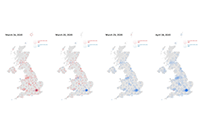
Transport is a major contributor to determinants of population health. Adverse health impacts are greatest in rapidly urbanising and motorising lower and middle income country cities.
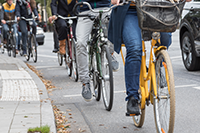
The impacts of commuting on employment and well-being of different social groups in African cities are understudied. This pilot project addresses the gender dimensions and implications of congestion and mobility in Accra, Ghana - a rapidly growing city with inadequate provision of housing and transport infrastructure amidst limited employment opportunities. It will deploy a survey of 500 commuters and focus groups and use the resulting data to explore the impact of commuting on labour market activities, health and well-being given prevailing socio-cultural gender norms. The project will deliver proof-of-concept for the methodology, build capacity for a large grant application, and generate three journal articles.

This project studies accessibility to healthy living among low-income women in Itagüí, a municipality in the Medellin metropolitan area (Colombia). Under a strongly collaborative framework we incorporate environmental, spatial, and temporal variables to develop a space-time accessibility model of healthy living during and after the COVID-19 social distancing measures. We deploy a mixed-methods approach in which we combine qualitative storytelling from women's testimonies on access to healthcare and food, with quantitative geolocation, physical activity, and air pollution exposure data, to identify how they access healthy living in their everyday life and how this is affected by the COVID-19 pandemic. We work with strong network of collaborators including a group of 40 local women, people working in three levels of government (local, metropolitan and national), and Colombian academics which allows us to produce research with the potential to generate significant societal impacts. The project will communicate its findings with different audiences through art exhibitions, online technical tools, academic papers, and briefs.









